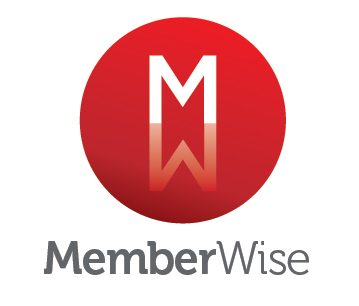The Digital Markets, Competition and Consumers Act 2024 (DMCC Act), with consumer protection rules effective from April 2025 and subscription contract provisions from Spring 2026, introduces significant changes for UK membership organisations, such as trade associations and professional bodies.
If your organisation engages with members acting as consumers (e.g., self-employed professionals), compliance with these regulations is crucial to avoid penalties from the Competition and Markets Authority (CMA).
Here’s what you need to know to prepare.
What the DMCC Act means for you
The DMCC Act strengthens consumer protections, targeting unfair commercial practices and subscription traps. It applies when your organisation interacts with individuals acting outside their business purposes, such as self-employed members or individual professionals. Key provisions include:
- Unfair Commercial Practices (effective April 2025): The Act bans practices like drip pricing (where mandatory fees are hidden) and fake reviews. For example, failing to disclose all membership or event fees upfront could violate drip pricing rules, while unverified testimonials may breach the fake review prohibition.
- Subscription Contracts (effective Spring 2026): If your organisation offers recurring memberships (e.g. annual fees for benefits like events, resources, or advocacy), you must comply with rules requiring:
- Clear pre-contract information about fees, terms, and cancellation rights.
- Regular (typically annual) renewal reminders.
- Straightforward cancellation processes, such as one-click options.
- Confirmation of key terms in a durable medium (e.g. email).
- CMA Enforcement: The CMA can impose fines of up to 10% of turnover for non-compliance, without court involvement, making adherence essential to protect your finances and reputation.
These rules directly affect trade associations and professional bodies with individual members acting as consumers, particularly those with subscription-based models.
Preparing your systems for Compliance
It is your responsibility as a membership organisation to ensure your systems comply with the DMCC Act.
- CRM:
- Track consumer consent for members acting as consumers (e.g. self-employed professionals).
- Automate renewal reminders and cancellation logs to meet subscription contract requirements.
- Provide audit trails to document compliance with CMA regulations.
- Website CMS:
- Enable display of all mandatory fees (e.g. for memberships or events) upfront to comply with drip pricing rules.
- Support moderation of testimonials or reviews to ensure authenticity, meeting the fake review ban.
- Offer templates for clear, prominent terms and conditions to ensure transparency.
- Member Portal:
- Facilitate one-click cancellation processes to prevent subscription traps.
- Send automated renewal notifications with clear cancellation instructions.
- Allow customisation to display key information, such as membership benefits and terms.
Steps to Take Now
- Assess your Operations: Determine if your memberships or services fall under the DMCC Act’s consumer protection rules. Seek legal advice for complex cases.
- Adapt your Systems: Use our platforms’ tools to implement transparent pricing, verified reviews, and easy cancellations.
- Stay Informed: Monitor CMA guidance and secondary legislation for any updates to compliance requirements.
- Train your Team: Ensure staff understand DMCC requirements and how to use your systems to comply.
Get Ahead of the DMCC Act
Compliance with the DMCC Act is an opportunity to build trust with your members through transparency and fairness. By preparing your systems now, you can avoid CMA fines and enhance member confidence. Act now to stay compliant and keep your members at the heart of your operations!
Wattle work strategically with membership organisations, through the deployment of integrated website, CMS and CRM solutions, to help them significantly increase membership acquisition, drive deeper member engagement, and demonstrate compelling gains in member value









Leave A Comment